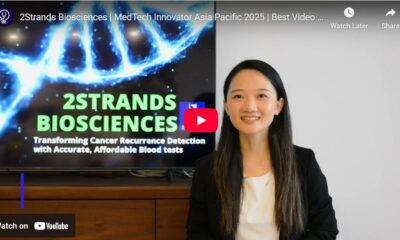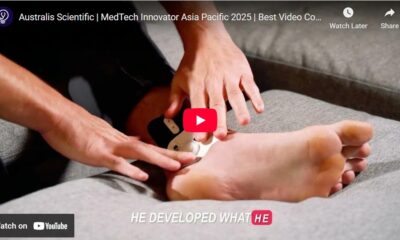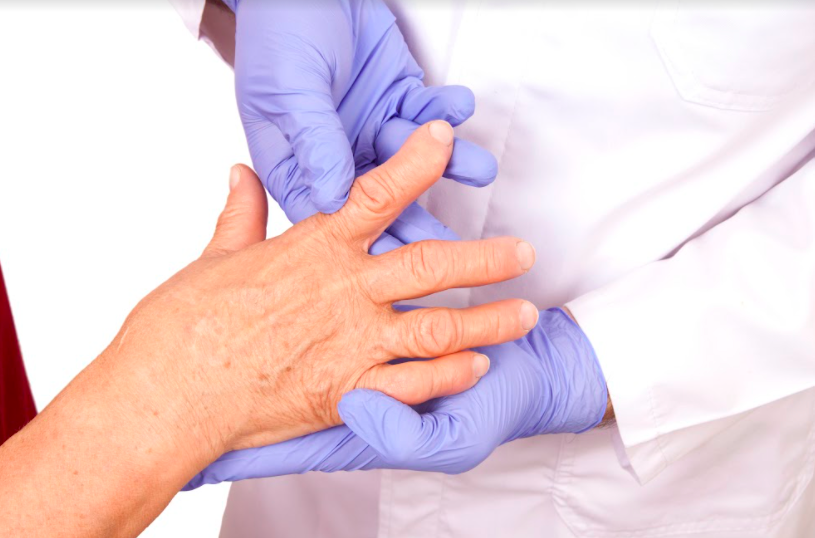While many of us are fortunate enough to be able to eat almost everything we fancy without any serious reactions on a regular basis, there are a significant number of the global population who are allergic to certain types of food, some even potentially life-threatening. Research has shown that food allergy is rapidly increasing in prevalence and it presents itself as a growing clinical problem in many countries. In this article, we explore the science behind some of the newest healthcare solutions to prevent food allergies from happening.
Follow us on Telegram for the latest updates: https://t.me/AsiaMDsg
Reduce Food Allergy: Allergy Amulet
Boasting simple and fast detection capabilities, Allergy Amulet is capable of detecting allergenic ingredients in complex foods at clinically-relevant thresholds in seconds. Its sensors use proprietary technology that recognises and binds target allergenic molecules, generating a unique electrochemical fingerprint in seconds. Its detection platform is shining a light on invisible threats in our food supply to create a safer, healthier, and more transparent world. How it works: Collect a sample of your food and test it using the device – and within seconds, the Amulet reports if your food allergen is present.
Quantify allergens in food and hunt for gluten-free restaurants
The biochemical company Taiwan User-Friendly Sensor & Tech has developed the Test Food Allergen Detection System (TADs), a connected sensor that can quantify allergens in food within 2 minutes and store, analyse, and share that data with users through the dedicated app. The app can track users’ records and provide personal diet suggestions. It also serves as a food map that allows consumers to locate gluten-free restaurants and tested products.
The TADs app shows the test results of the device, analyses the data using AI modules, and stores the results in the cloud. TADs allow food processors and food ingredient suppliers to control the quality of their products by testing and uploading the latest information within a short time. By analyzing customer information through the app, they can also achieve precise marketing. For consumers, TADs enhance product traceability and provide peace of mind when searching for genuinely gluten-free products.
Reduce Food Allergy: Project Abbie
An automated device for early detection and treatment of anaphylaxis, Project Abbie is inspired by the story of Abbie Benford, who succumbed to complications related to anaphylaxis just eight days before her 16th birthday. The Wyss Institute, in collaboration with Boston Children’s Hospital, is developing a wearable, non-invasive device that could sense anaphylaxis and automatically inject epinephrine in individuals who are unable to do so themselves; a device that could have saved Abbie’s life.



























